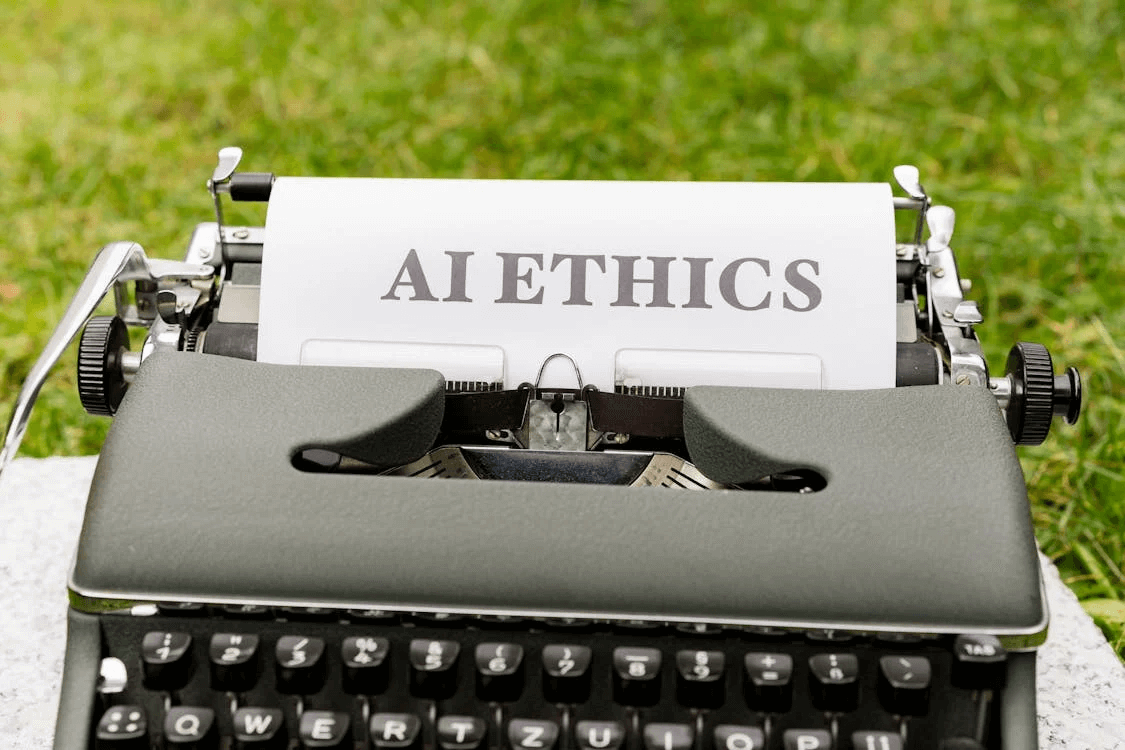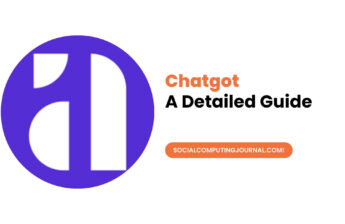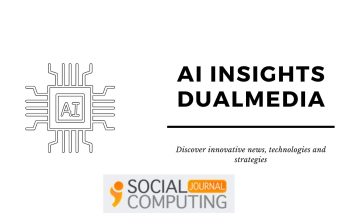As our world becomes more digital, you’re probably using your phone or computer to do just about everything, open a bank account, apply for jobs, shop online, or even verify your age. In many of these situations, companies ask you to prove who you are. That’s where automated identity verification comes in.
It might seem simple on the outside, just snap a photo of your ID and a quick selfie, but have you ever stopped to think about what happens behind the scenes? Who sees your data? How is it stored? In this blog, you’ll explore the ethics of automated identity verification and why it matters to you.
Contents
You’re Sharing More Than You Think
When you upload your ID or face photo, you’re not just verifying your identity, you’re handing over personal data. This includes your name, birthdate, ID number, and sometimes even your face geometry.
The ethical question is, are you truly giving consent, or are you just clicking yes because you have no other choice? In many cases, you’re not given a clear explanation of how your data will be used, who will access it, or how long it will be stored. As a user, you deserve transparency. You should know exactly what’s happening with your information before you submit anything.
Fairness and Bias in the System
Another important issue is fairness. Not all AI systems treat everyone equally. Some facial recognition technologies struggle to correctly identify people with darker skin tones, women, or people from minority backgrounds. This can lead to delays, rejections, or even false flags, especially during important moments like applying for financial services.
Who’s Accountable When Something Goes Wrong?
Let’s say your verification fails, or your private information gets leaked. You shouldn’t be left in the dark when something goes wrong. Companies must be held accountable for how they use your data. They need to set up clear processes for handling complaints and fixing mistakes.
Privacy Shouldn’t Be Optional
In a truly ethical digital society, privacy is not a bonus, it’s a basic right. You shouldn’t feel forced to give up your personal details just to use an app or get access to a service. When businesses use identity verification tools, they should choose systems that protect your privacy by design. For example, some platforms process your ID data locally on your device instead of uploading it to the cloud. Others automatically delete your information after use.
If you’re a business owner or developer, you need to make responsible choices when picking your tools. OCR Studio is one platform that puts privacy and transparency at the core of its automated ID scanning. It’s built to help you verify users quickly without compromising ethical standards.
Endnote
You live in a digital age where identity checks happen in seconds, but ethics can’t be rushed. As technology becomes more powerful, you have the right to ask, Is this safe? Is this fair? Do I really have a choice? Automated identity verification can be helpful, but only if it’s done with care and respect for your rights.
The goal should never be just speed and convenience, it should also be fairness, transparency, and privacy. Whether you’re a user, a business, or just someone curious about the future, it’s up to you to stay informed and demand better.







